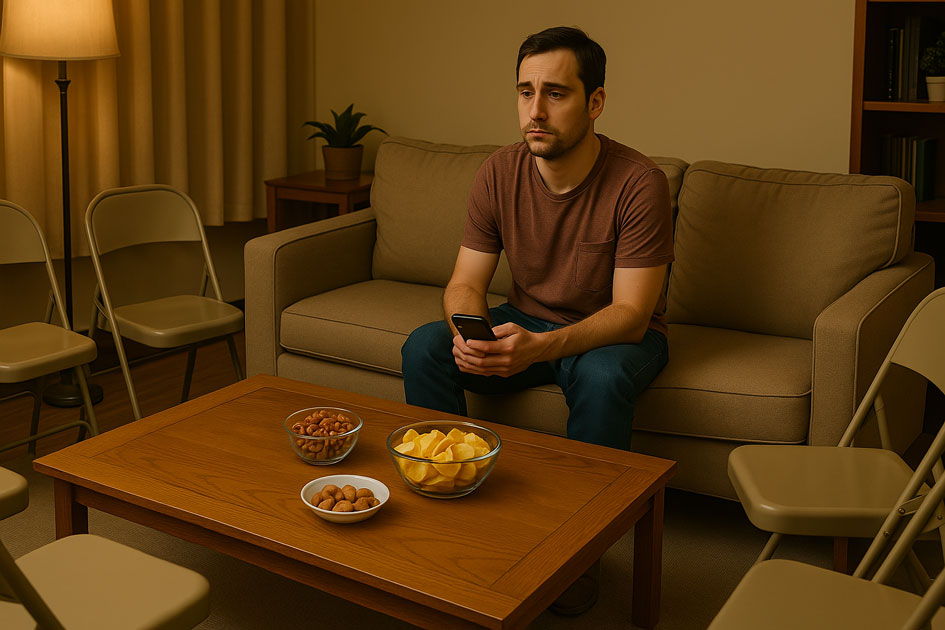Groups That Last
About This Series: Groups That Last
Too many small groups start with energy but fade within months—not because people are tired of community, but because they’re starving for spiritual depth. This series is about rethinking how we design and lead groups. Whether you’re a pastor, group leader, or just passionate about creating meaningful community, Groups That Last will give you a framework to build groups that are personal, purpose-driven, and built to multiply.Read the rest of the series:
Why Most Groups Fizzle (And How to Build One That Won’t)
Let’s be honest—most small groups don’t last.
They start strong. There’s energy, connection, maybe a great study. But within 3–6 months, momentum fades. People stop showing up. Life gets busy. The group dissolves. And everyone walks away thinking,
“Yeah, that was nice… but I don’t really have time for that anymore.”
Here’s the thing: it’s not about time.
It’s about design.
We assume the problem is people. Schedules. Commitment. But what I’ve learned is this—most people aren’t tired of community. They’re tired of shallow community. They want real spiritual depth, but too often, groups only offer a single slice of the pie.
And when someone tells you, “I just don’t have time for a group right now,” that should be a red flag. We all have the same number of hours in a day. What they’re really saying is, “This isn’t a priority.”
That’s not about busyness—it’s about value. And the solution isn’t to guilt people into showing up. The solution is to build the kind of group they don’t want to miss.
Creating that kind of group requires thoughtful, intentional leadership. It’s inclusive, yet personal—just like the ministry of Jesus. Great leaders structure groups to create spiritual growth while keeping them relational enough to feel deeply human. Most importantly, they design them to reproduce—so what happens in the group doesn’t end there.
The truth is, building a group that lasts isn’t about charisma or perfect planning—it’s about intentionality. If we want to help people grow in their faith and form meaningful relationships, we need to be just as thoughtful about our group strategy as we are about our Sunday services. Small groups aren’t just a program; they’re the front lines of spiritual formation and connection. When designed well, they have the power to change lives—not just for a season, but for years to come.
But if you’re going to build that kind of group, you need to understand one of the biggest mistakes holding groups back. It’s something I call the “spiritual chicken leg” problem. We’ll dive into that next.
💬 Discussion Questions for You and Your Team
Use these questions with your leaders, coaches, or fellow pastors to reflect on how you can apply the Four Pillars in your own context:
1. Think about a group you’ve led or been part of that fizzled—what caused the momentum to fade, and what could have changed the outcome?
2. When someone says they don’t have time for a group, what do you think they’re really communicating, and how should that influence how we design groups?
3. What does it actually take to build a group that people don’t want to miss—and how can we start doing that more intentionally?





